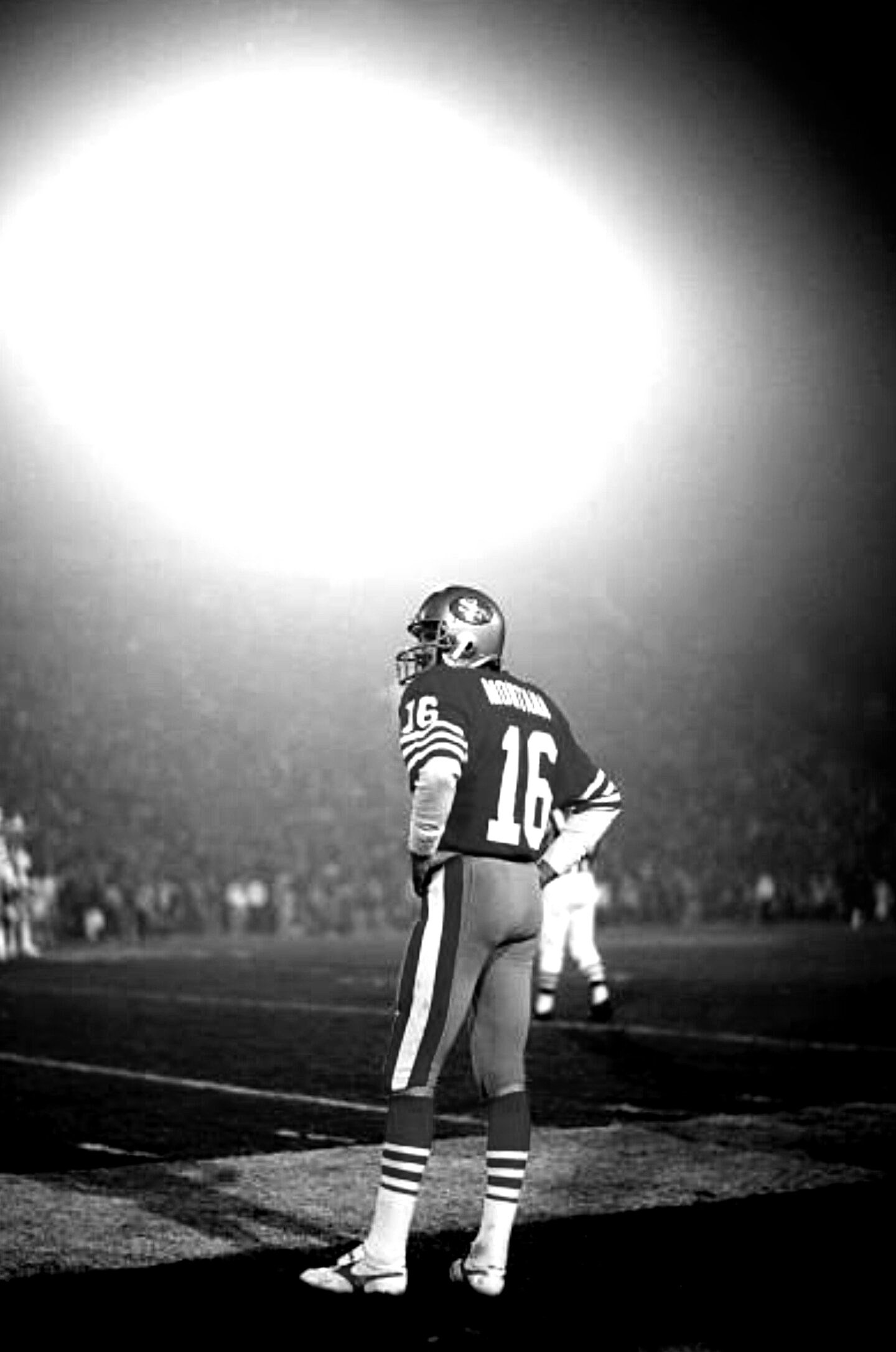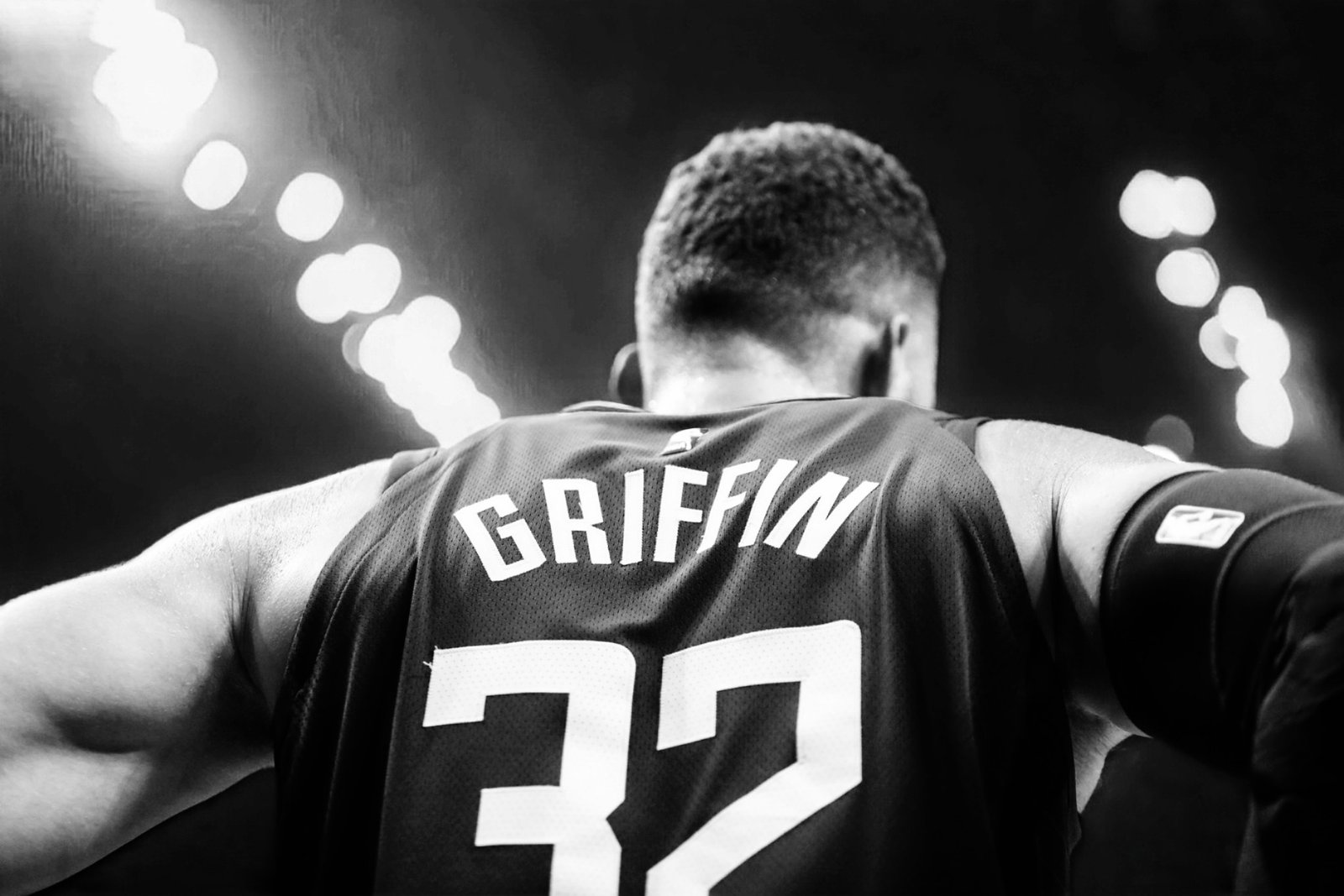
Why Joe Montana Remains the Greatest Quarterback in NFL History Over Tom Brady and Patrick Mahomes
Introduction
When evaluating greatness among NFL quarterbacks, various criteria come into play. Championship victories are typically seen as a crucial metric; however, other factors such as individual statistics, leadership qualities, and the overall impact a player has on the game cannot be overlooked. Montana’s achievements resonate deeply within these parameters. His precision passing, tactical intelligence, and poise under pressure have influenced countless quarterbacks who aspired to emulate his success.
In juxtaposition, Tom Brady’s unprecedented championship tally often sparks arguments for his preeminence in the league. Meanwhile, Patrick Mahomes, with his electrifying playing style and record-setting pace, is frequently heralded as the future of the position. Yet, Montana’s influence laid the groundwork for the expectations that current and future quarterbacks must meet. His ability to transcend statistical analysis and embody the intangibles associated with exceptional leadership underscores why he remains a pivotal figure in NFL history.
The objective of this discussion is to explore the components that place Joe Montana at the forefront of this debate. By analyzing his championships, personal accolades, and overall influence on the momentum of not only games but the franchise as a whole, we aim to clearly illustrate why Montana is revered not only as a quarterback but as a pioneer of the sport.
Montana’s Perfect Super Bowl Record
Joe Montana’s legacy as one of the greatest quarterbacks in NFL history is significantly defined by his unparalleled Super Bowl success. With an impeccable 4-0 record in the championship games, his performances remain iconic and set a standard that both Tom Brady and Patrick Mahomes strive to reach. Montana’s ability to thrive under pressure is underscored by his remarkable composure on the grandest stage of professional football, showcasing not only his talent but also his mental fortitude.
Each of Montana’s Super Bowl appearances was characterized by distinguished performances that contributed to the San Francisco 49ers’ success in the early 1990s. In Super Bowl XVI, his debut, Montana orchestrated a masterful victory against the Cincinnati Bengals, throwing for a touchdown and rushing for another. His strategic game management and poise helped secure a victory that laid the groundwork for his championship legacy. This was not merely a one-off performance; his success continued in subsequent Super Bowls, including a brilliant outing in Super Bowl XXIII, where he led a game-winning drive that culminated in a touchdown pass with less than a minute remaining. These moments solidified his reputation as a clutch performer, a trait that distinguishes him from contemporaries like Brady and Mahomes.
Montana’s achievements in the Super Bowl go beyond mere statistics; they embody an ethos of championship success that resonates with fans and future generations of players. While Brady has surpassed Montana in overall Super Bowl appearances and wins, and Mahomes is still in pursuit of his legacy, it is Montana’s unblemished record that continues to set him apart. His perfect record remains a benchmark in NFL history, reinforcing the argument that he is the epitome of a successful quarterback when it comes to championship play.
Clutch Performance: The Legend of Joe Cool
Joe Montana, often regarded as the epitome of a clutch quarterback, earned the nickname “Joe Cool” due to his remarkable ability to perform under pressure in critical moments. Throughout his illustrious NFL career, Montana demonstrated an unparalleled composure that set him apart from contemporaries, including Tom Brady and Patrick Mahomes. His performances during pivotal playoff games highlighted his tendency to elevate his game when it mattered most, cementing his status as a legendary figure in football.
A defining moment of Montana’s clutch capability occurred during Super Bowl XXIII against the Cincinnati Bengals. With only 3:20 remaining in the game and trailing by three points, Montana orchestrated a breathtaking 92-yard drive, culminating in a touchdown pass to John Taylor. This moment not only secured the victory but showcased Montana’s ability to remain calm and effective while under immense pressure. This encapsulates Montana’s unique skill set, which has been difficult for others to replicate, even for future stars like Mahomes and Brady.
While Tom Brady shares a similar reputation for clutch performances, with various game-winning drives and historic comeback victories, he often had the advantage of being part of a dynasty that consistently reached the playoffs. Meanwhile, Patrick Mahomes has recently gained recognition for his remarkable performances, including his Super Bowl victory against the San Francisco 49ers. However, many still regard Montana’s ability to succeed in the most challenging circumstances as unparalleled, showcasing a different level of poise and acumen in high-stakes environments.
In evaluating clutch performances, it becomes apparent that Joe Montana’s legacy is built on unforgettable moments and victorious plays that occurred when the stakes were highest. His reputation for excellence in the NFL remains steadfast, influencing generations of players who aspire to emulate his greatness on the field.
Statistical Superiority: Numbers that Matter
When discussing the greatest quarterbacks in NFL history, Joe Montana’s name invariably rises to the forefront of any analysis, particularly when pitted against contemporaries like Tom Brady and Patrick Mahomes. Montana’s career statistics reveal a level of performance that continues to resonate within the football community. One of the most significant metrics is the passer rating, where Montana ended his storied career with an impressive rating of 92.3. In comparison, Brady boasts a higher passer rating, and Mahomes has shown remarkable numbers early in his career. However, Montana’s consistency during a more challenging era for quarterbacks demonstrates his exceptional skill set.
Another critical metric to consider is the touchdown-to-interception ratio. Montana’s ratio stands at an extraordinary 2.14, reflecting his ability to both score touchdowns and maintain ball security. This ratio is particularly notable when compared to Brady’s and Mahomes’ stats, which, while stellar, do indicate a higher propensity for turnovers, especially in their early careers. The precision with which Montana managed the game is a testament to his cerebral style of play—a trait that many argue elevates him above his peers.
Furthermore, total passing yards can often overshadow the impact of a quarterback, but it is crucial to contextualize these figures. Montana accumulated 40,551 passing yards throughout his career, thanks to his prolific playmaking and ability to evolve his style into an effective offense. While Mahomes is on pace to surpass that figure rapidly and Brady has already eclipsed it, Montana’s yards per attempt reflect a significant efficiency that highlights his capabilities as a quarterback who could consistently move the ball downfield.
In conclusion, while statistics such as passer rating, touchdown-to-interception ratios, and passing yards paint a compelling picture of Montana’s dominance, they also underscore the nuances that make his career distinctive in the annals of NFL history. His ability to achieve statistical superiority in a different era elevates him to a unique position among the greats.
Style of Play: The Aesthetic and Execution of Montana’s Game
Joe Montana’s style of play has often been celebrated for its remarkable aesthetic and execution, establishing a benchmark for quarterbacks in the National Football League (NFL). One of the defining traits of Montana’s game was his exceptional quick decision-making ability. This skill allowed him to make split-second choices that often resulted in game-changing plays. Unlike many contemporaries, Montana demonstrated a unique proficiency for evaluating defenses pre-snap, enabling him to exploit weaknesses before the ball was even snapped.
Accuracy also set Montana apart from his rivals and successor quarterbacks, such as Tom Brady and Patrick Mahomes. Throughout his career, he maintained an impressively high completion percentage, demonstrating his precision in delivering passes, often threading the needle in tightly contested situations. This level of accuracy ensured that receivers were positioned to gain yards after the catch, enhancing the offense’s ability to move down the field efficiently. His performance resonated with fans and analysts alike, highlighting that a quarterback’s effectiveness transcends mere statistics.
Moreover, Montana’s ability to read defenses was crucial to his success and significantly influenced the quarterback role. He possessed an innate understanding of defensive schemes, which allowed him to anticipate defenders’ movements and respond accordingly. This quality required not just mental acuity but also a calm demeanor under pressure, traits that Montana consistently exhibited, particularly in high-stakes playoffs and Super Bowl appearances. His poise in clutch situations set him apart, contrasting with the emotional intensity displayed by some of his peers.
In conclusion, Joe Montana’s playing style, characterized by rapid decision-making, pinpoint accuracy, and a deep comprehension of defensive intricacies, fundamentally altered the quarterback position and the game of football overall. His legacy continues to influence aspirational quarterbacks like Tom Brady and Patrick Mahomes as they strive to emulate Montana’s excellence on the field.
Impact on the Team: Leadership and Influence
Joe Montana’s influence on his teams throughout his illustrious NFL career is a pivotal factor in his reputation as the greatest quarterback in history. Renowned for his exceptional leadership qualities, Montana not only excelled on the field but also became a charismatic figure in the locker room. His ability to inspire and uplift his teammates played a significant role in cementing a winning culture within the San Francisco 49ers franchise during the 1980s and early 1990s. Players often cited Montana’s unwavering confidence as a driving force that galvanized the team, creating an environment where individuals were encouraged to perform at their best.
Montana’s leadership was characterized by his calm demeanor under pressure, especially in high-stakes situations. This trait helped foster an atmosphere of trust among his teammates, who felt assured that he could guide them to victory even in the most challenging circumstances. His effectiveness in clutch moments, exemplified by his performances in four Super Bowl victories, instilled a sense of belief within the 49ers that they could overcome any adversity, a quality that is essential for championship teams.
Moreover, Montana’s influence extended beyond the playing field. His commitment to teamwork fostered a collaborative spirit that transcended individual brilliance. Unlike some of his contemporaries or successors, such as Tom Brady and Patrick Mahomes, Montana’s approach emphasized collective effort rather than personal accolades. While Brady and Mahomes exhibit extraordinary talents, Montana’s unique ability to create unity and foster camaraderie significantly shaped the culture of the 49ers during his tenure. Such qualities create an indelible legacy that many argue positions Montana above both Brady and Mahomes in the hierarchy of NFL greatness.
Legacy: Montana’s Lasting Impression on the NFL
Joe Montana’s legacy in the National Football League extends far beyond his impressive statistics and four Super Bowl victories. His impact on the quarterback position and the broader landscape of the NFL is profound, as he set standards that future generations of quarterbacks aspire to achieve. Montana’s style of play emphasized poise under pressure, an exceptional understanding of the game, and a seemingly innate ability to perform in clutch situations. This distinctive combination of attributes has not only carved out his place in football history but has also influenced how young quarterbacks approach the game.
In every discussion surrounding the greatest quarterbacks, Montana’s name is synonymous with excellence. His ability to execute consistently during critical moments has raised the bar for what is expected from players in similar positions, including contemporaries like Tom Brady and Patrick Mahomes. The advent of modern training methods and video analysis has further solidified Montana’s techniques as benchmarks in quarterback development. His legacy prompts coaches and scouts to evaluate potential quarterbacks not merely based on physical attributes, but also on intangible qualities such as leadership and mental fortitude.
Moreover, Montana’s influence is evident in the way the sport analyzes and appreciates quarterback talent. The frequent comparisons made between quarterbacks often reference his skill set, situational achievement, and their ability to perform in high-stakes scenarios. For instance, while Tom Brady and Patrick Mahomes have both achieved remarkable success in their careers, discussions often juxtapose their achievements with those of Montana, reinforcing the idea that his impact remains a gold standard. Even as the game evolves, the essence of what made Montana great continues to shape the criteria against which all future quarterbacks are measured. His unparalleled legacy ensures that he will always be a foundational figure in conversations about greatness in the NFL.
Comparative Analysis: Brady, Mahomes, and the Modern Quarterback
The debate surrounding the greatest quarterback of all time often centers on three prominent figures: Joe Montana, Tom Brady, and Patrick Mahomes. Although each of these players boasts extraordinary accomplishments, they competed in markedly different eras of the National Football League (NFL), which complicates the comparative analysis. Tom Brady, often celebrated for his unparalleled longevity and success, has redefined the quarterback position, demonstrating a remarkable ability to excel under pressure. With multiple Super Bowl championships to his name, Brady’s football intellect and adaptability have contributed to his dominance in the sport.
Conversely, Patrick Mahomes represents the modern era of football, characterized by a more dynamic style of play. Mahomes’ ability to execute plays outside the traditional pocket and his extraordinary arm strength allow him to create opportunities that were previously considered unconventional. His success at a young age, including an 2 MVP awards and 3 Super Bowl victories, highlights his cementing of being included in ranks of all-time greats. However, while Mahomes showcases an exciting brand of football.
Considering football’s evolution, it is essential to recognize the rule changes that favor quarterbacks in today’s game. Modern defenses face restrictions that allow passers more protection than during Montana’s era, which undoubtedly affects performance metrics. Furthermore, the offensive strategies employed today differ substantially, with a greater emphasis on the passing game. These elements prompt questions about the validity of comparisons among these outstanding quarterbacks, each of whom has thrived within the confines of their respective contexts. As the conversation evolves, it becomes increasingly necessary to appreciate Montana’s legacy while acknowledging the remarkable achievements of both Brady and Mahomes.
Conclusion: Defining Greatness in the NFL
In examining the illustrious careers of Joe Montana, Tom Brady, and Patrick Mahomes, it becomes evident that greatness in the NFL encompasses a multifaceted spectrum of attributes, achievements, and enduring impact on the game. While Tom Brady undeniably holds a multitude of records and accolades, including an impressive number of Super Bowl victories, and Patrick Mahomes showcases an extraordinary talent with the potential to redefine the quarterback position, Joe Montana’s legacy remains unparalleled in several key areas that contribute to his standing as the greatest quarterback in NFL history.
Montana’s impeccable playoff performances, particularly his Super Bowl successes without a single loss, set a standard that echoes through the annals of football history. His calm demeanor, extraordinary football intelligence, and ability to perform under pressure established a benchmark for quarterbacks of subsequent generations. Unlike any other, Montana transformed the quarterback position, simultaneously elevating team dynamics and enhancing fan engagement with his remarkable poise and play-making capabilities. The notion of a “clutch” quarterback finds its roots in Montana’s performances, wherein he seamlessly orchestrated game-winning drives at critical moments, an aspect often highlighted in discussions of quarterback excellence.
While both Brady and Mahomes have made indelible marks within the league, Montana’s influence extends beyond statistics; it is about the inspiration he provided to a generation of players and fans who witnessed his extraordinary feats firsthand. His contributions to the San Francisco 49ers’ dynasty in the 1980s transformed not only the franchise’s fortunes but also left an indelible mark on the NFL itself. Thus, when analyzing the parameters that define greatness in football, Joe Montana’s accomplishments and enduring influence ultimately establish a compelling case for his recognition as the greatest quarterback of all time.




